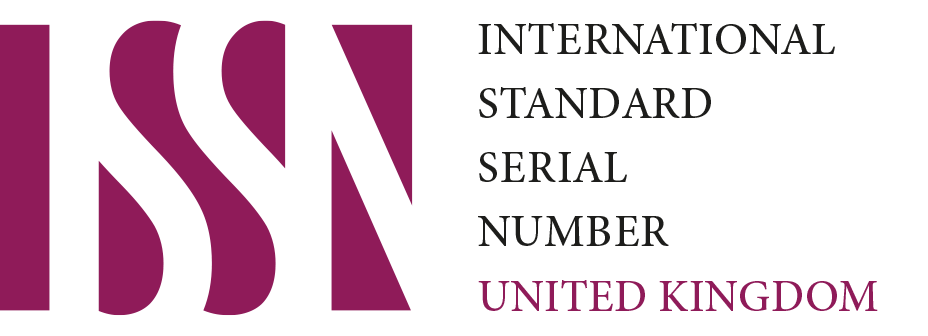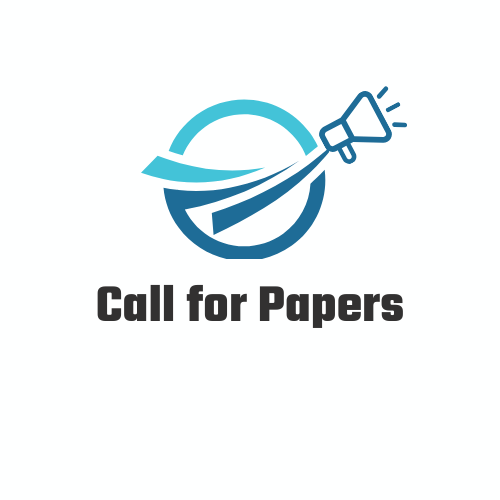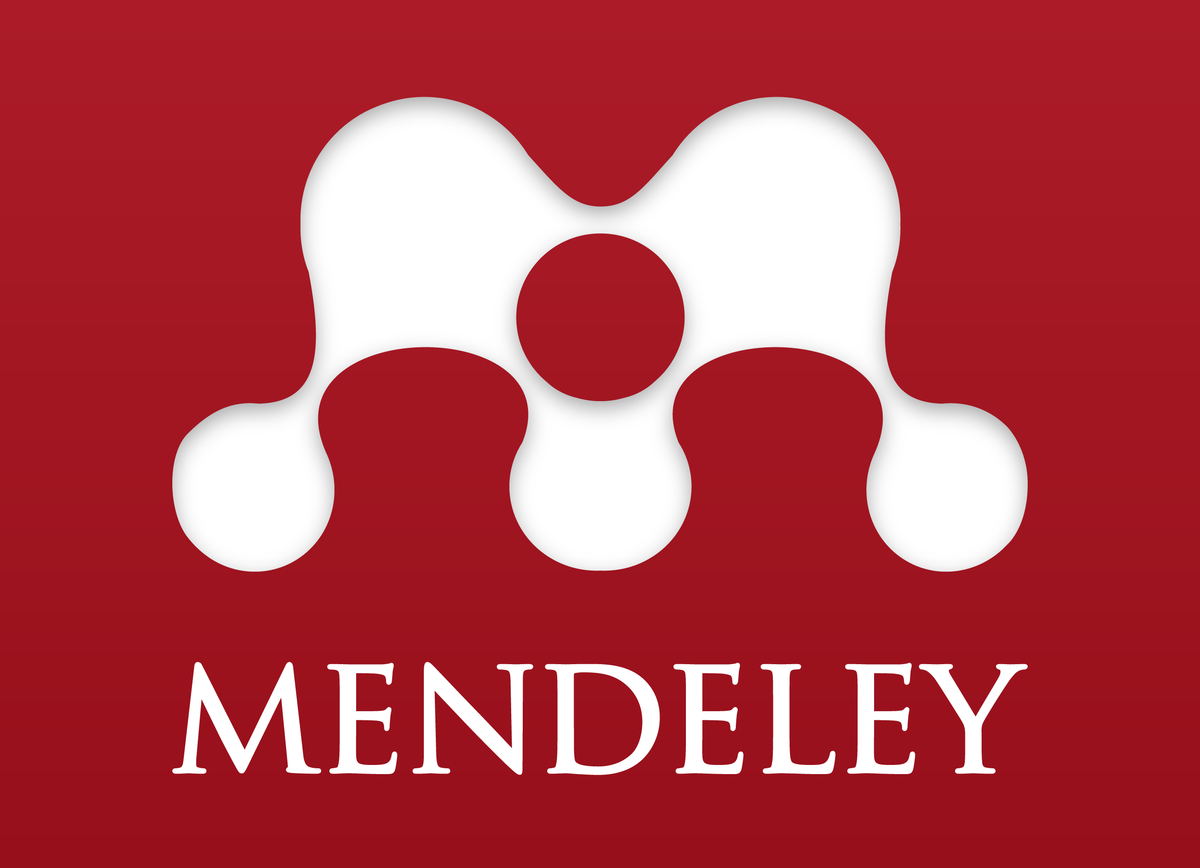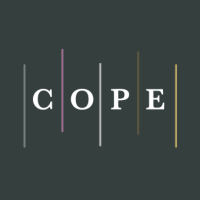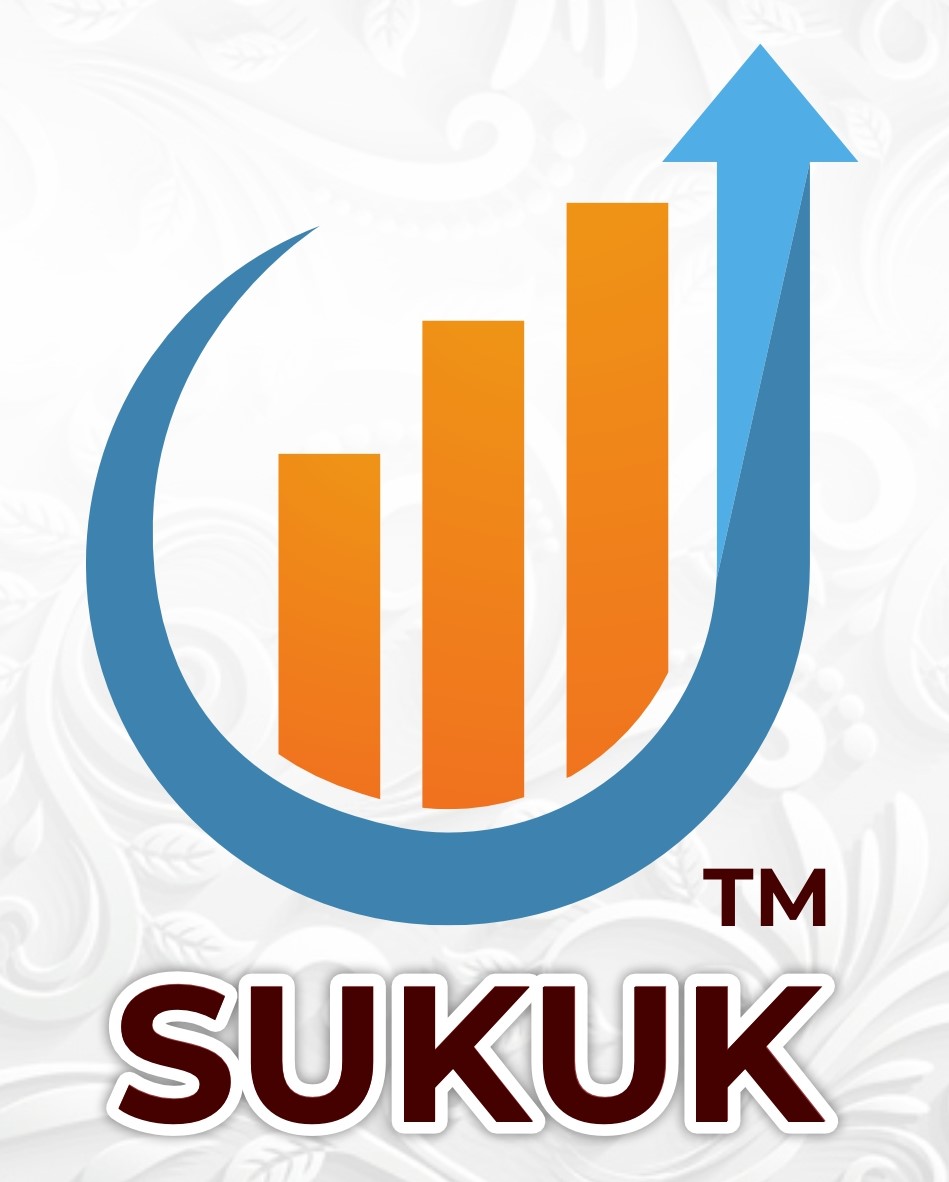Banking During Lockdown and Its Implications for Financial Inclusion: A study on GCC Countries
Keywords:
Inclusion, Innovation, Regulation, Accessibility, GCCAbstract
The COVID-19 lockdowns profoundly reshaped the banking landscape, presenting unique challenges and opportunities for financial inclusion across the Gulf Cooperation Council (GCC) countries. As physical bank branches closed their doors, the region witnessed a surge in digital banking adoption, driven by the need to maintain financial accessibility and ensure economic continuity during unprecedented disruptions. This paper explores the transformative effects of the pandemic on the banking sector, focusing on its implications for financial inclusion in the GCC. It evaluates how digital banking innovations, regulatory adjustments, and public-private collaborations helped bridge financial access gaps while exposing existing vulnerabilities, such as limited digital literacy and uneven technological infrastructure. Through a qualitative approach that synthesises case studies, policy and literature analyses, the research delves into key questions: How did lockdowns accelerate digital banking adoption in the GCC? What measures can further enhance financial inclusion in the region? Findings reveal that while the lockdown catalysed the digital transformation of the banking sector, challenges such as technology accessibility for underbanked populations and cyber risks persist. Recommendations highlight the need for tailored financial literacy programs, enhanced digital infrastructure, and inclusive regulatory frameworks to ensure that all segments of society benefit from the digital banking revolution. This study contributes actionable insights for policymakers, financial institutions, and stakeholders aiming to advance financial inclusion in a post-pandemic world, positioning the GCC as a regional leader in equitable and innovative banking practices.


